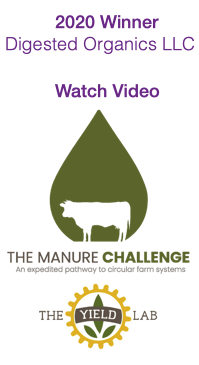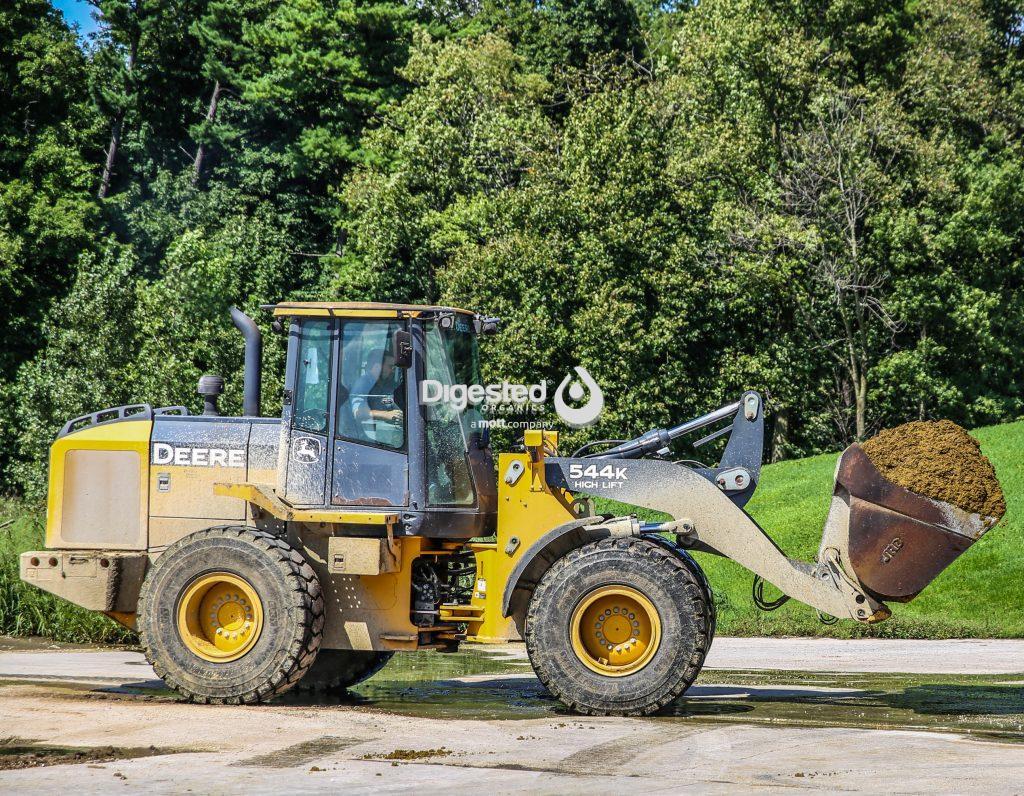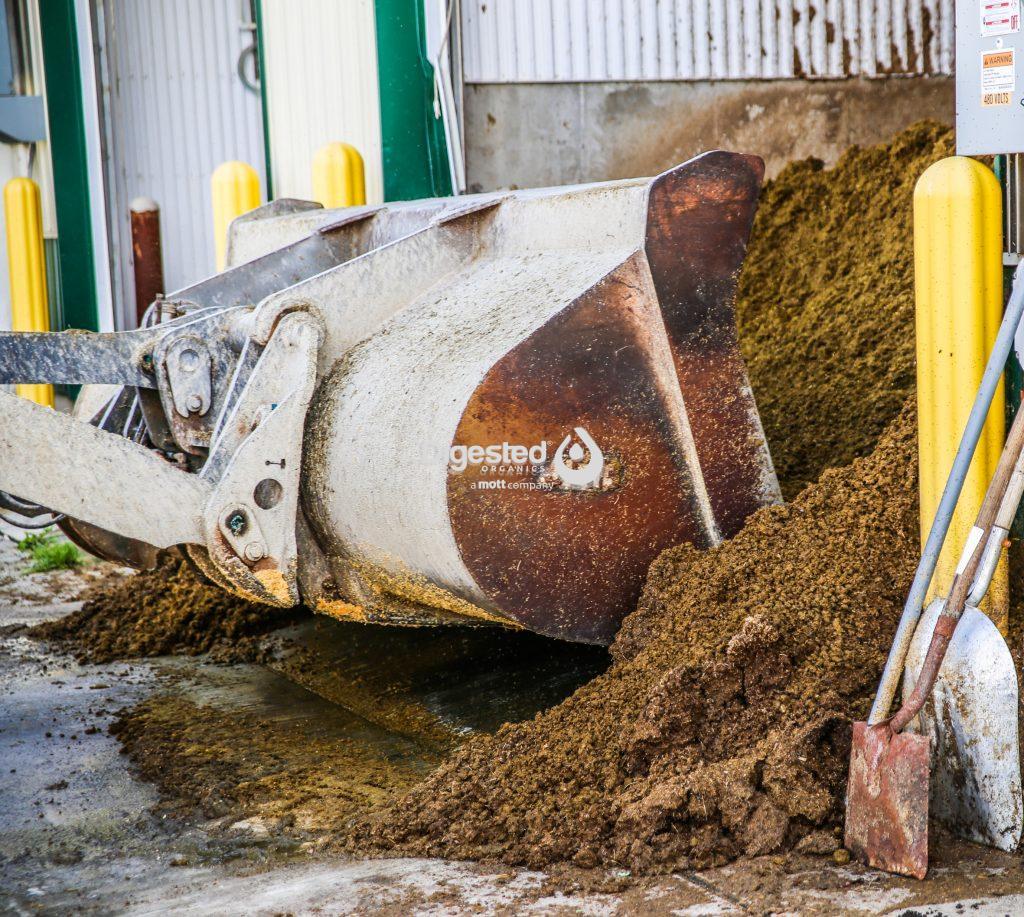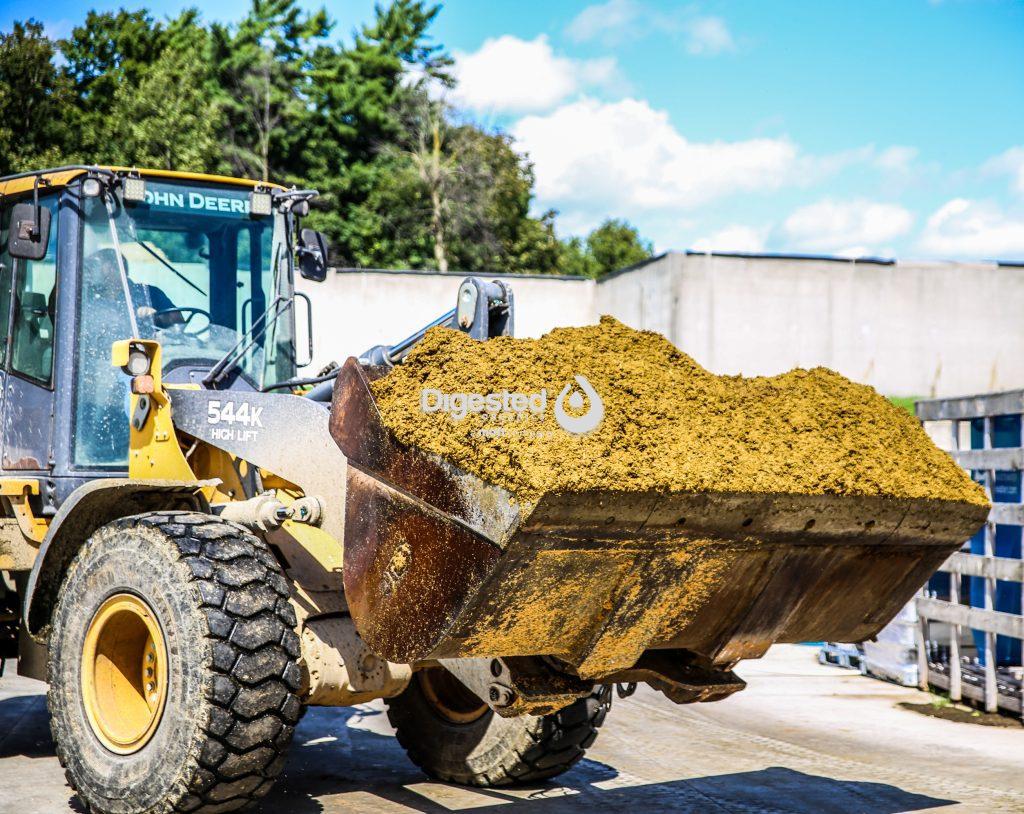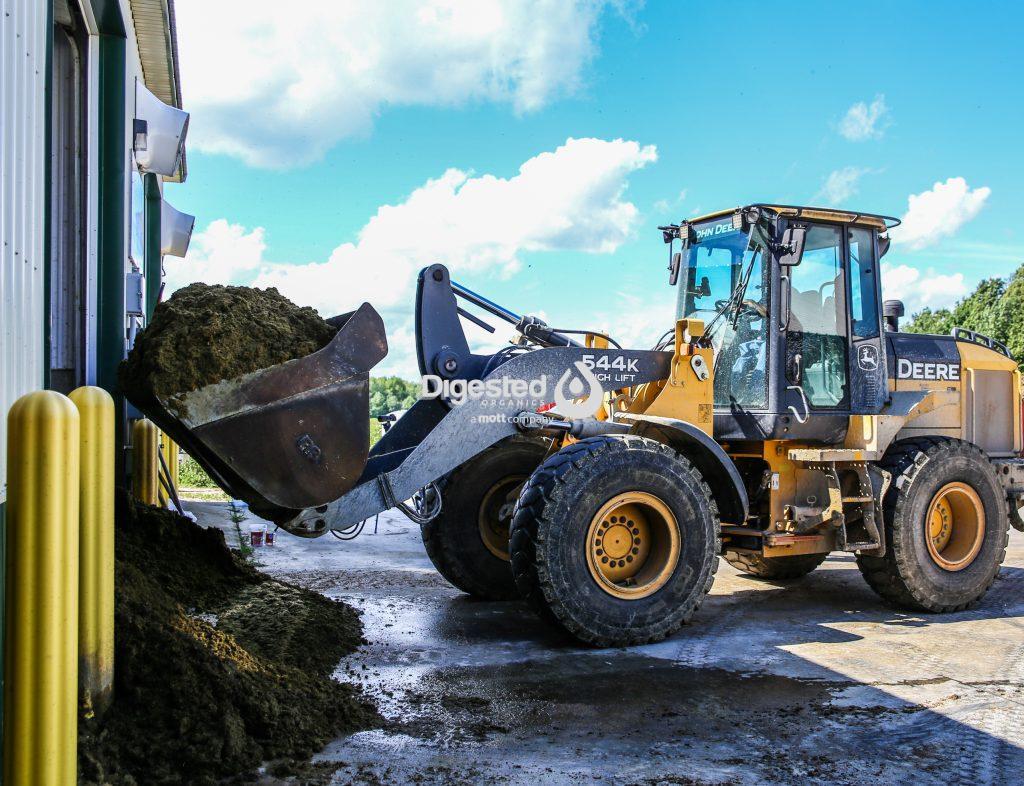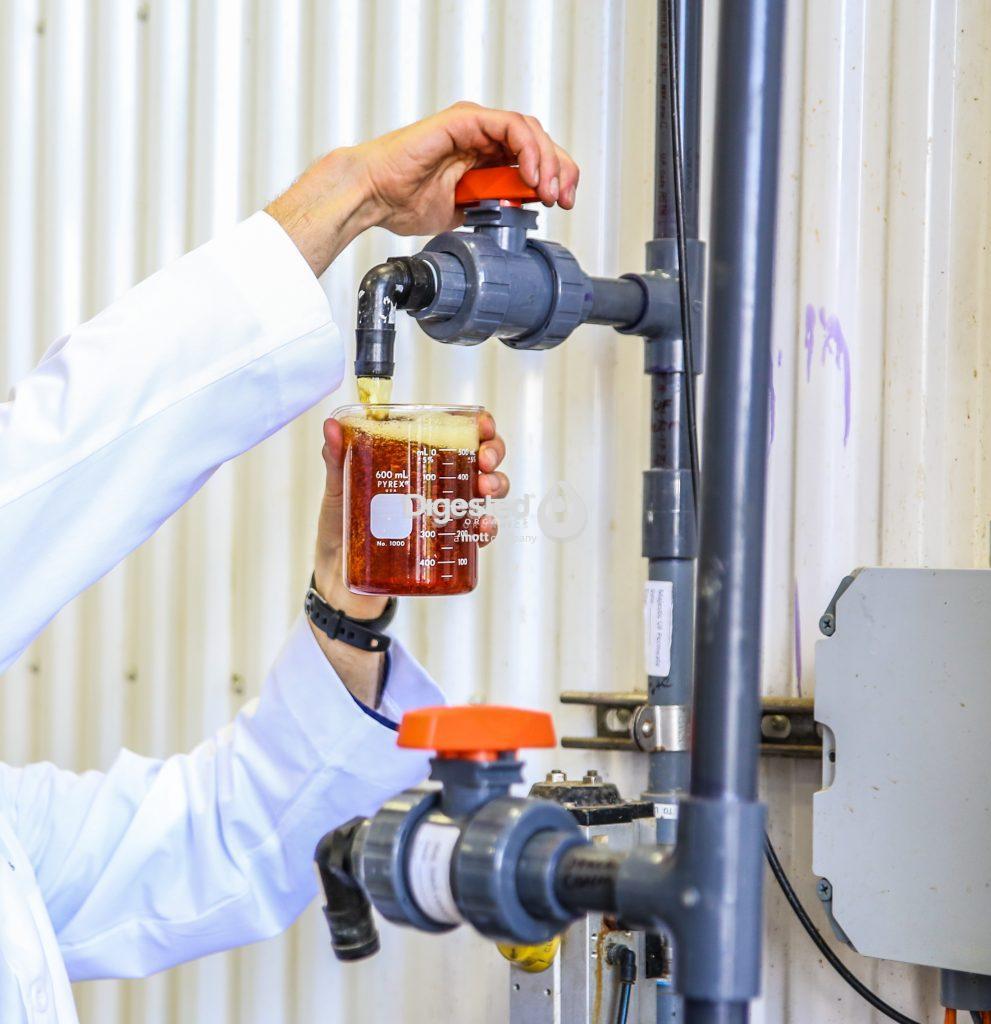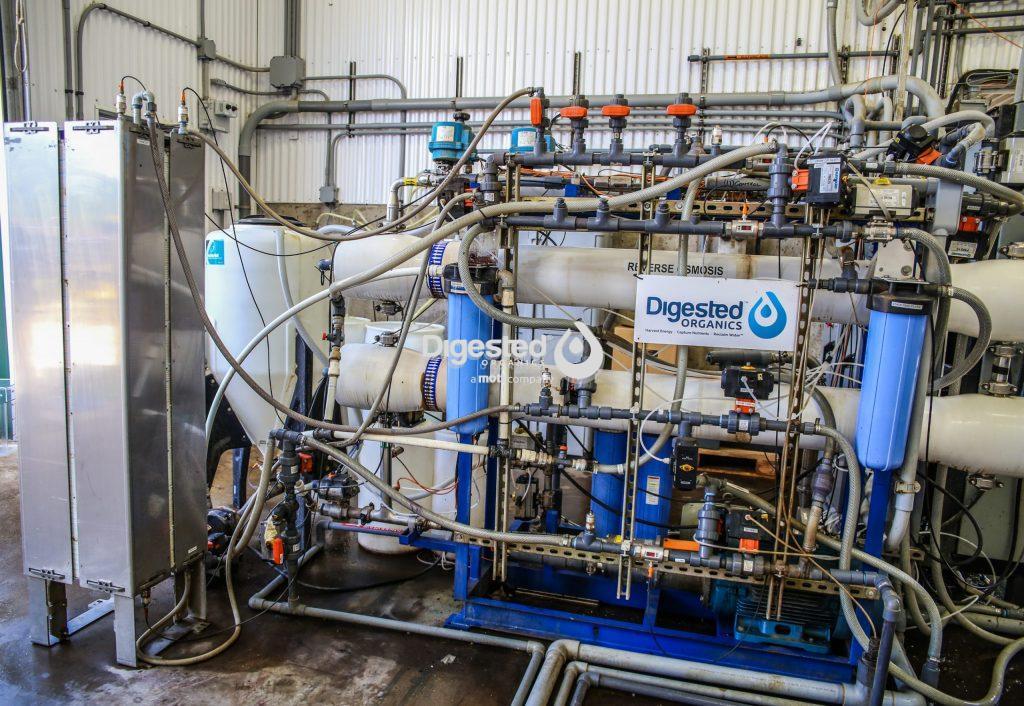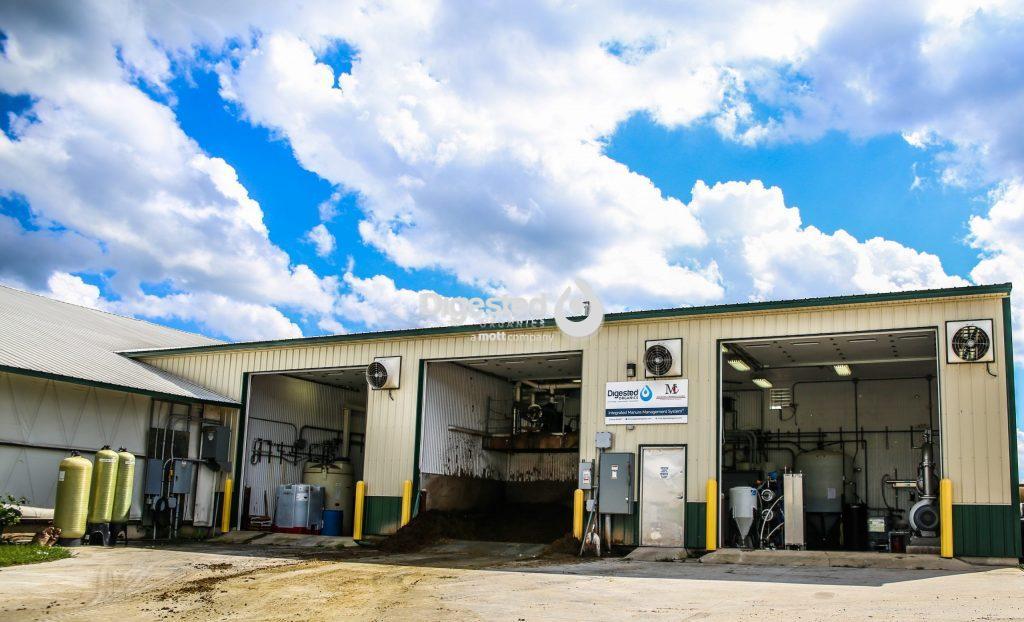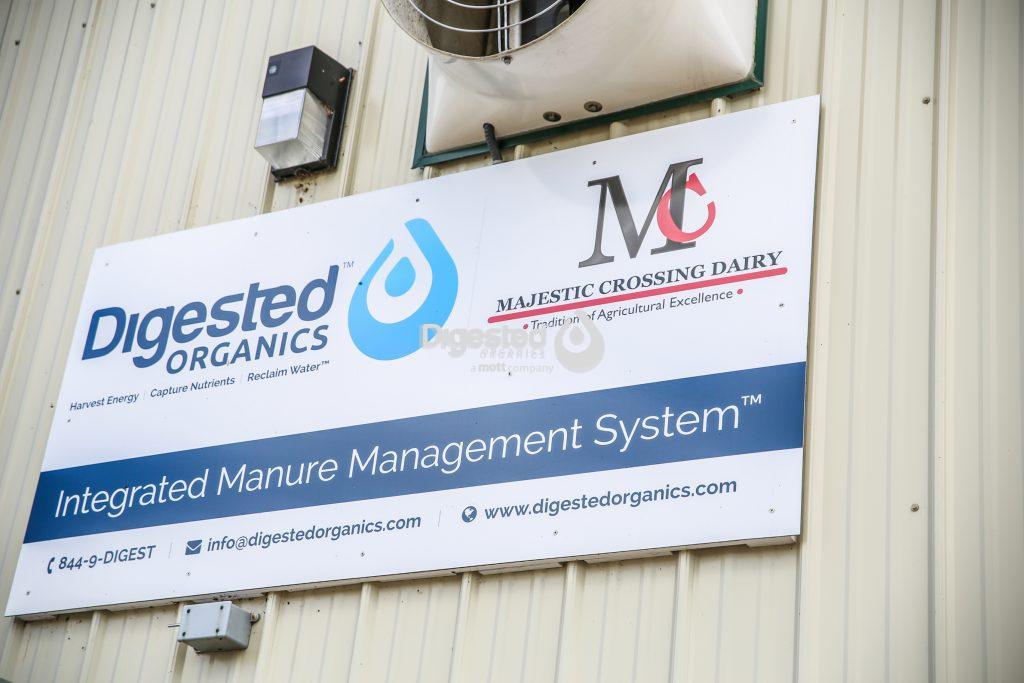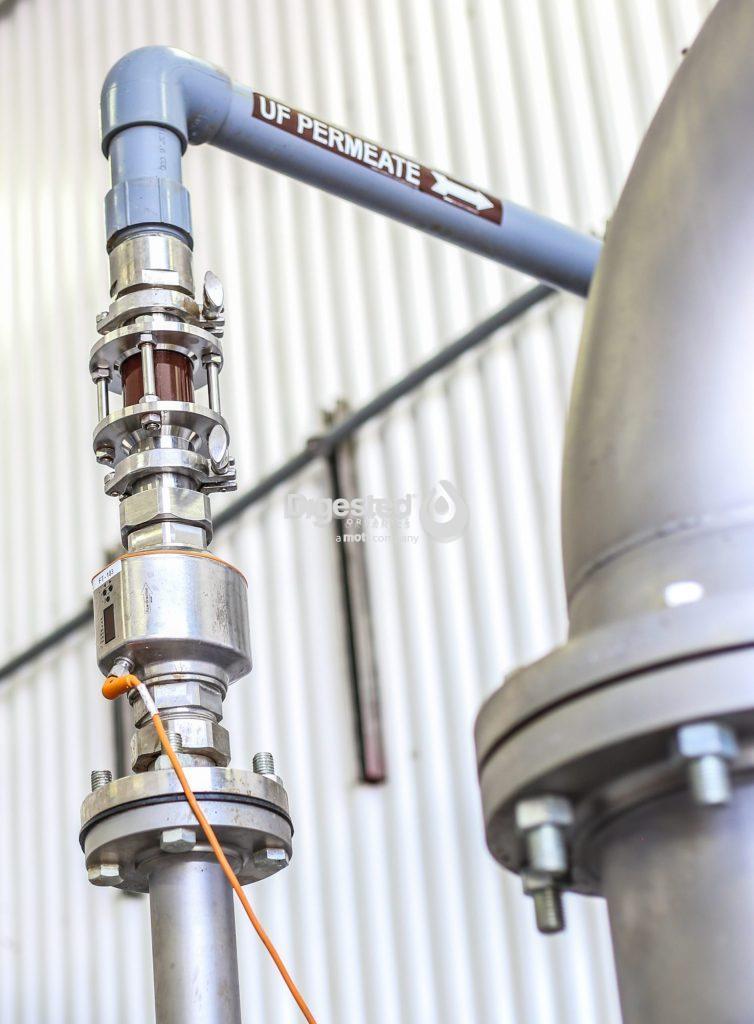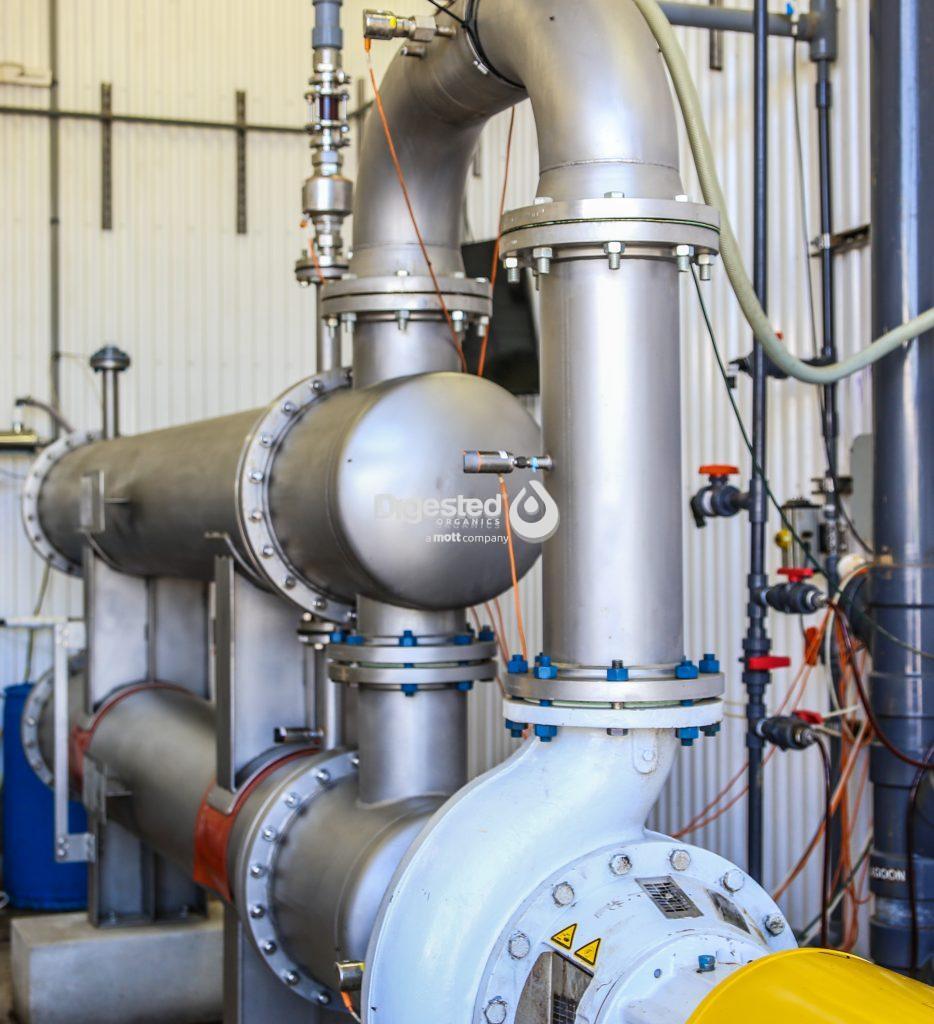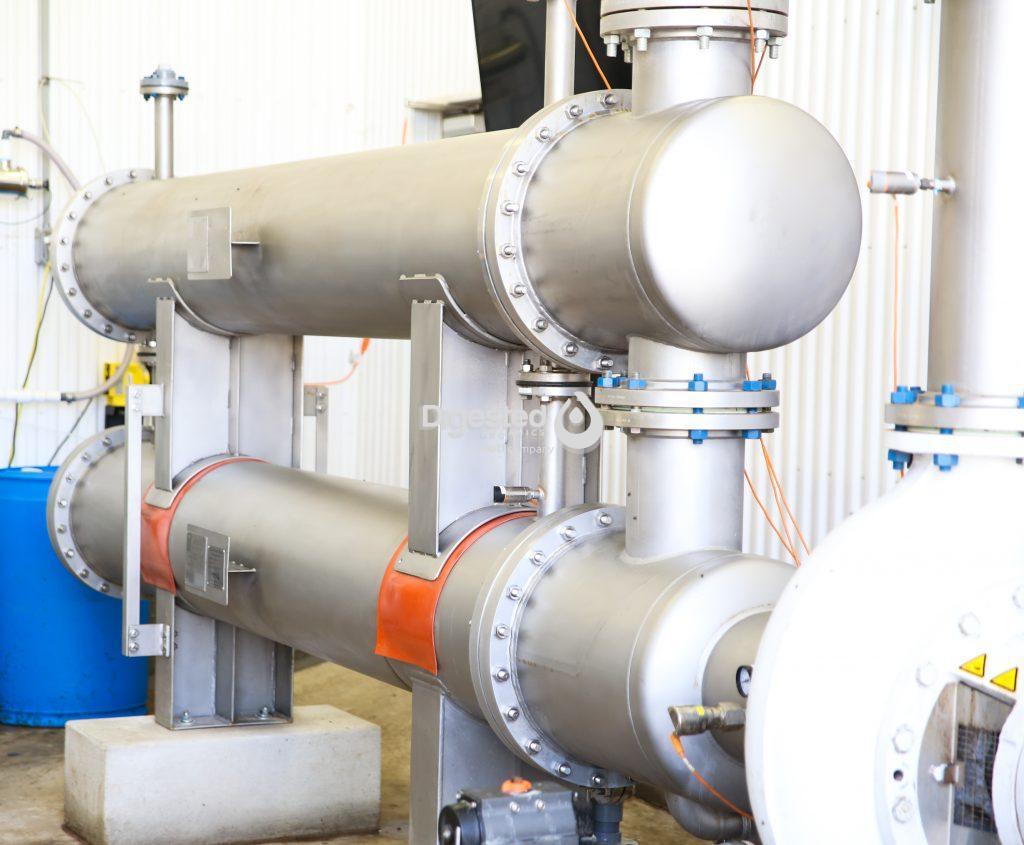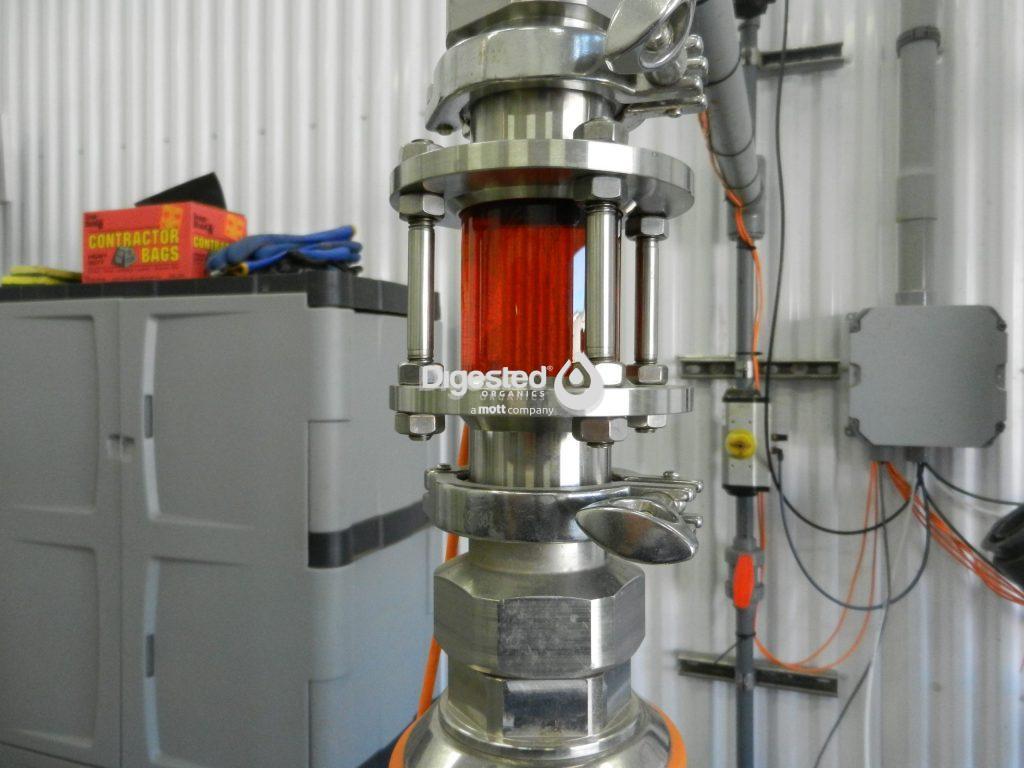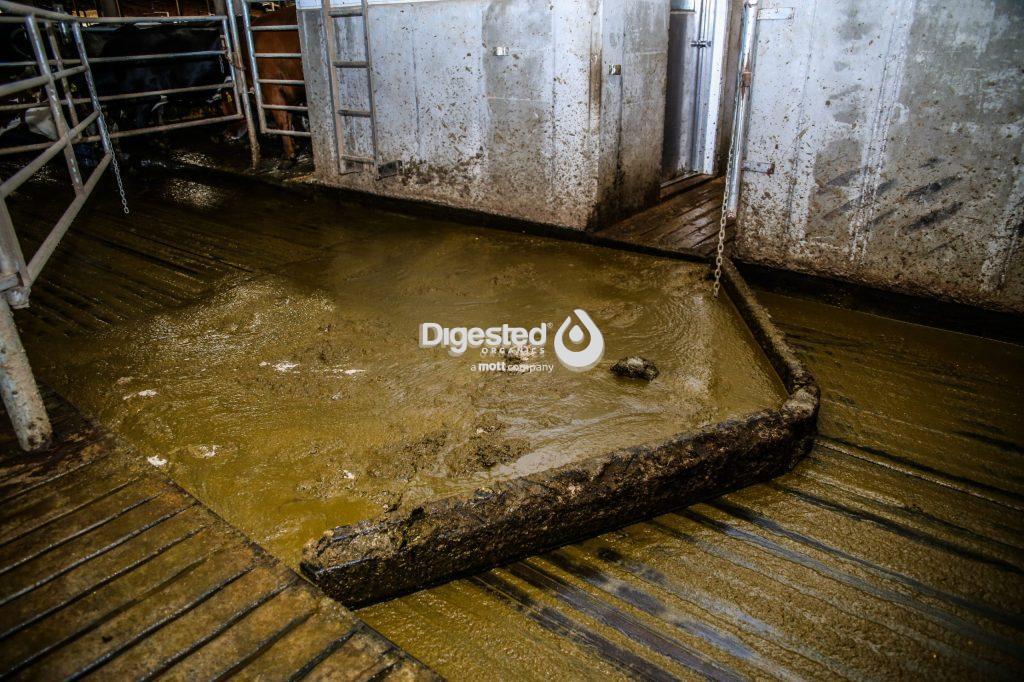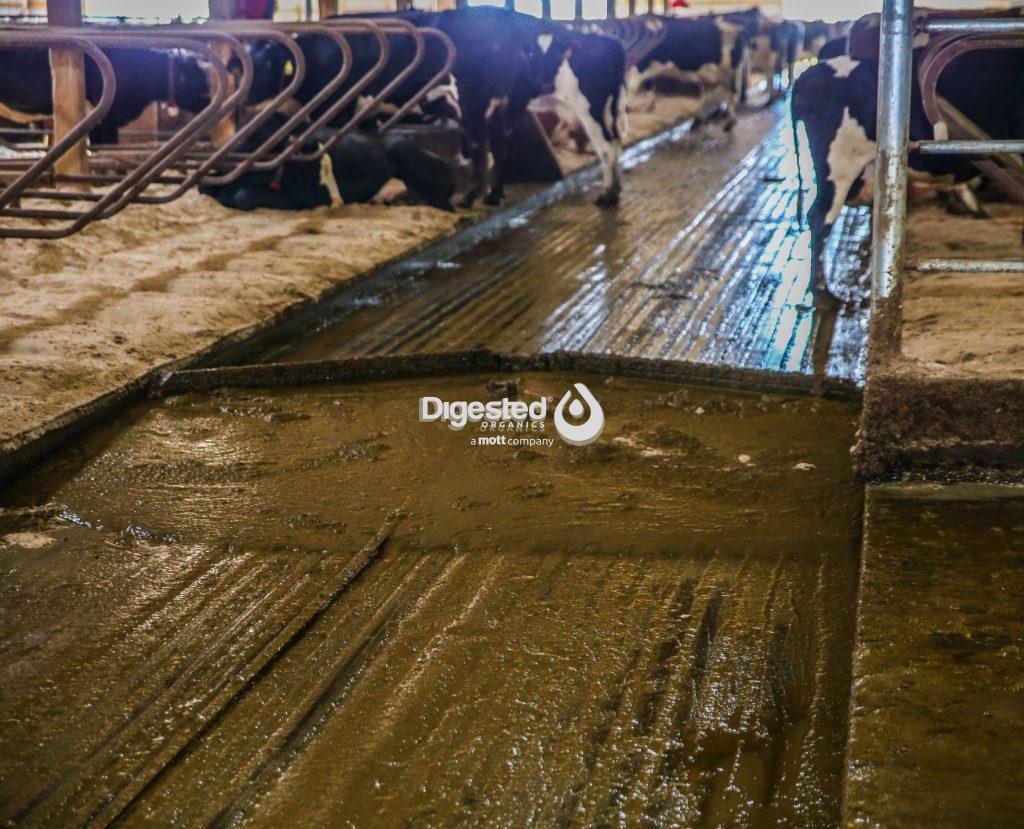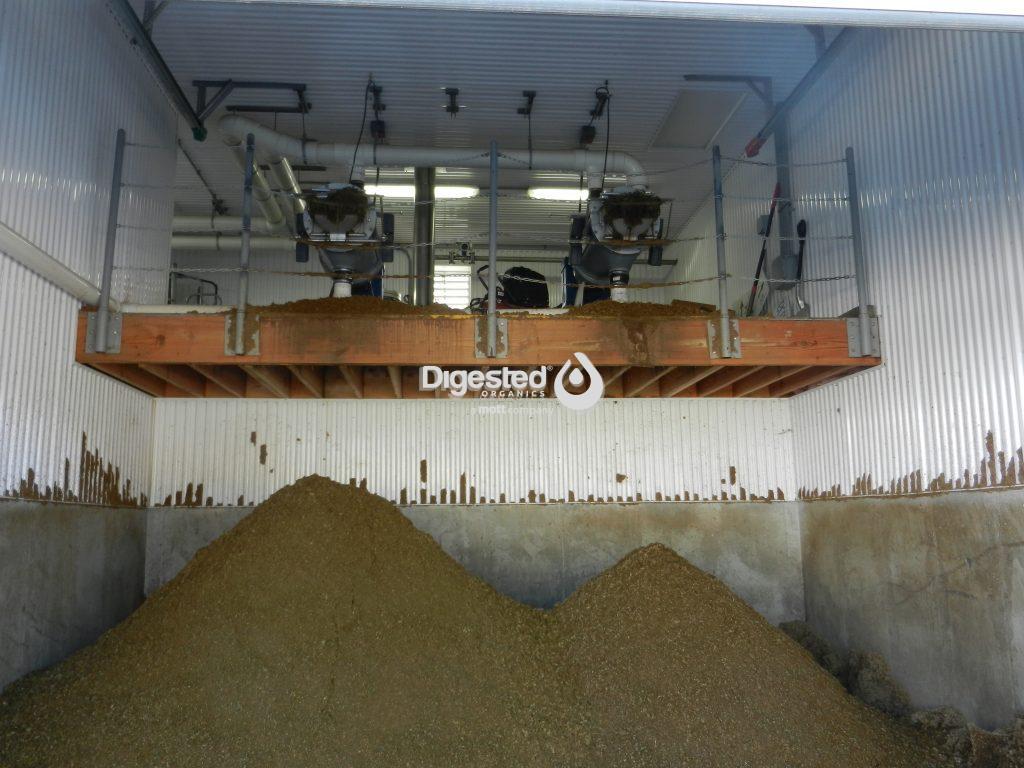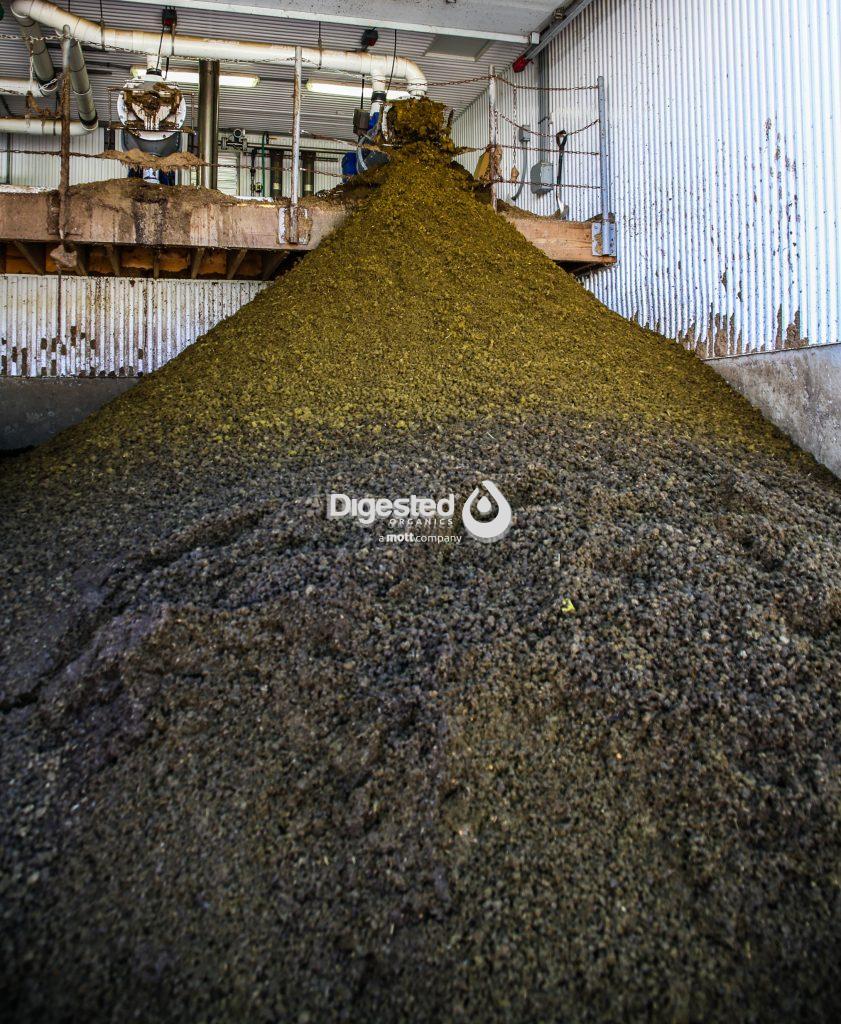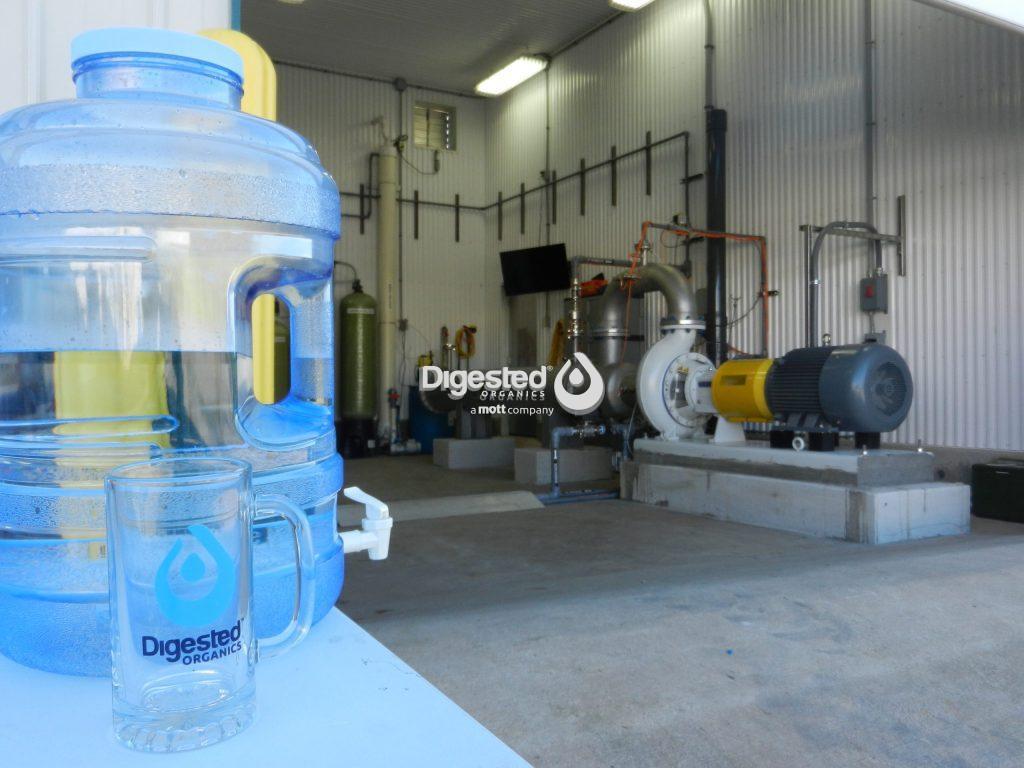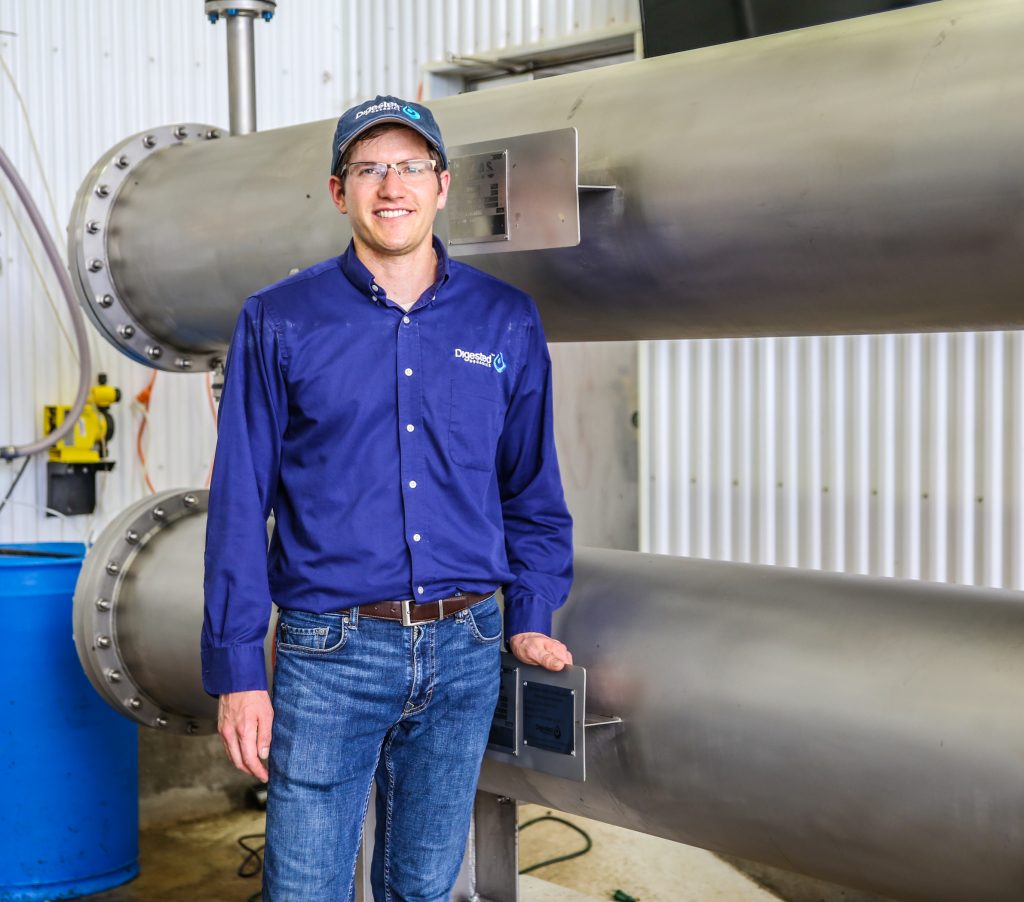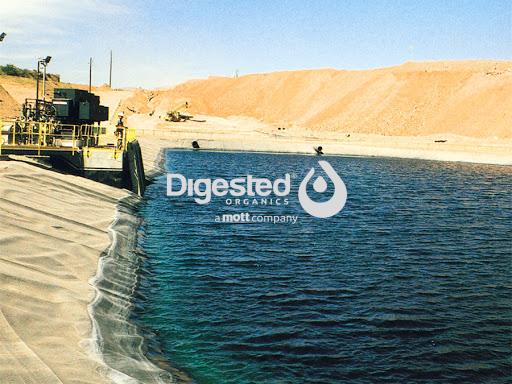
What Is Leachate?
Leachate is a liquid pollution that forms when water, such as rain or snow, percolates through landfills. As the water travels through the waste, it picks up various contaminants, resulting in a highly toxic liquid. This leachate contains a mix of harmful chemicals that pose significant threats to the environment and human health. Among these contaminants are a group of particularly dangerous substances known as polyfluoroalkyl substances (PFAS).
The Dangers of Leachate
Environmental Impact
Leachate is a major environmental hazard. When leachate seeps from landfills, it can contaminate soil and groundwater. This pollution can harm plant and animal life, disrupt ecosystems, and degrade natural habitats. The presence of PFAS in leachate is especially concerning. PFAS are persistent chemicals that do not break down in the environment, leading to long-term contamination. These chemicals can accumulate in the food chain, causing widespread ecological damage.
Human Health Risks
The health risks associated with leachate are profound. Leachate often contains heavy metals, organic compounds, and other toxic substances that can have serious health effects. PFAS, in particular, have been linked to various health issues, including cancer, liver damage, and developmental problems in children. When leachate contaminates drinking water sources, it poses a direct threat to human health. Moreover, when this contaminated water is used for agricultural purposes, the toxins can enter the food supply, further endangering public health.
Leachate and Wastewater Treatment
When leachate reaches wastewater treatment facilities, it undergoes the same treatment processes as regular sewage. However, most wastewater treatment plants are not equipped to remove PFAS and other persistent chemicals effectively. As a result, these harmful substances can end up in the treated water that is released back into rivers, lakes, and oceans. Additionally, the sludge left over from the treatment process, which can still contain significant amounts of toxins, may be used as fertilizer, further spreading contamination.
The Scary Truth About PFAS
PFAS are synthetic chemicals used in a variety of industrial and consumer products for their water and grease-resistant properties. However, their stability and resistance to degradation make them incredibly persistent in the environment. Once released, PFAS can remain in the soil and water for decades, continuously posing health and environmental risks. This persistence, combined with their ability to accumulate in living organisms, makes PFAS a significant concern for both current and future generations.
How Digested Organics Can Help
At Digested Organics, we understand the serious threat that leachate and PFAS pose to the environment and public health. That’s why we have developed advanced filtration solutions specifically designed to address these challenges. Our technology can effectively remove harmful chemicals from leachate, ensuring that they are safely disposed of and kept out of our environment.
Our Filtration Solutions
Our state-of-the-art filtration systems can be implemented at landfills and wastewater treatment facilities to treat leachate and remove contaminants such as PFAS. By using our solutions, these facilities can significantly reduce the environmental and health risks associated with leachate. Our filtration technology not only helps to purify the water but also safely handles the concentrated waste, preventing it from re-entering the environment.
If the dangers of leachate and PFAS concern you as much as they concern us, it’s time to take action. Implementing effective filtration systems is a critical step in protecting our environment and ensuring the safety of our communities. By partnering with Digested Organics, you can be part of the solution to this pressing problem.
Get In Touch With Digested Organics Today
At Digested Organics, we are committed to providing innovative and effective solutions for managing and reducing the dangers of leachate. Our team of experts is ready to assist you in finding the best filtration technology for your specific needs.
Contact us today to learn more about our solutions and how we can help you protect the environment and public health.

